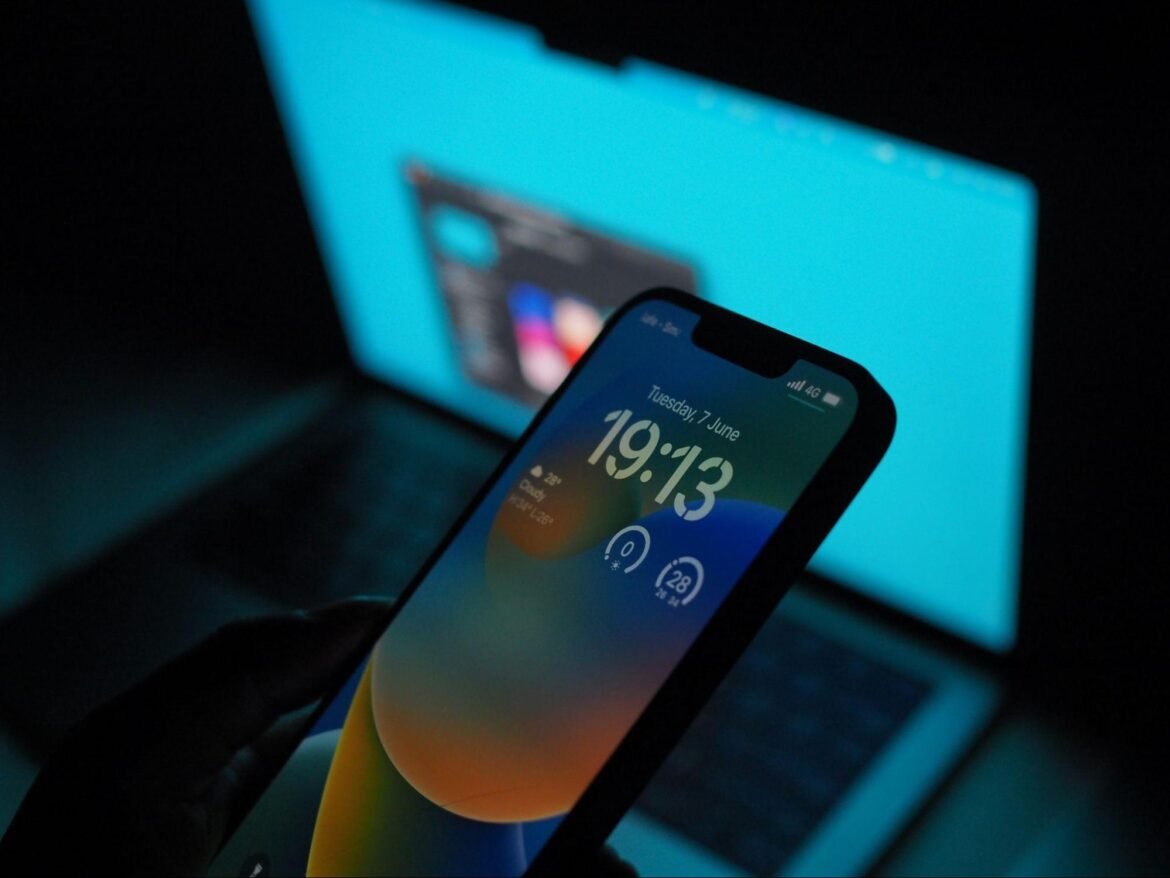Picture this: a weekend with no pings, no likes, no endless scroll. Just fresh air, real conversations, and maybe a book you’ve been meaning to read for months. For a growing number of wellness-minded millennials, that’s not just a fantasy, it’s the ultimate form of luxury.
Today, luxury isn’t always about a new designer bag or a five-star suite. It’s about reclaiming attention, prioritizing peace of mind, and choosing experiences that nurture rather than deplete. Just like people weigh the benefits of supplements like ResBiotic to support internal balance, many are now looking outward, to their environment and habits, to detox from a digital world that rarely sleeps.
From Constantly Connected to Consciously Disconnected
Millennials, often dubbed the “burnout generation,” are also the first to grow up with the internet, evolve alongside smartphones, and be professionally tethered to tech. The result? An age group that’s more digitally fluent than any before, and more digitally fatigued.
According to a 2023 survey by Deloitte, nearly 60% of millennials report feeling overwhelmed by digital demands in their daily lives. The rise of remote work, 24/7 availability, and endless content consumption has led many to seek radical reprieve: not by escaping to the wilderness (though that helps), but by intentionally stepping away from screens.
Why Now? The Psychological Toll of Tech Overload
Digital devices were designed to enhance life, but somewhere along the way, they hijacked it. With the average millennial checking their phone over 150 times a day, boundaries between work and rest, online and offline, have completely blurred.
Psychologists are now warning that excessive tech exposure isn’t just causing distraction, it’s causing chronic stress, anxiety, and even physical ailments. The American Psychological Association highlights how “screen fatigue” can lead to sleep disruption, eye strain, reduced attention spans, and elevated cortisol levels.
So, it’s no surprise that digital detoxing isn’t just trendy, it’s necessary.
Wellness, Redefined: It’s Not Just Green Juice and Gym Memberships
In the same way millennials turned yoga studios and avocado toast into lifestyle movements, they’re now redefining wellness to include digital well-being. Detoxing from tech isn’t about shunning technology; it’s about using it mindfully. It’s the act of reclaiming your autonomy from apps designed to keep you hooked.
Much like the transition toward probiotics or whole-body health supplements, the digital detox trend is rooted in long-term balance, not quick fixes. Millennials are asking: How do I want to feel? Energized, calm, focused, or frayed, foggy, and overstimulated?
The Rise of Detox Retreats and Screen-Free Spaces

Image from Unsplash
One sign of this shift? The booming popularity of digital detox retreats. Whether it’s an off-grid cabin in the Catskills or a wellness resort in Tulum that confiscates your phone at check-in, these spaces offer something millennials now crave more than content: quiet.
These getaways are structured to promote holistic recovery, through nature, movement, mindfulness, and analog activities. Attendees report better sleep, deeper conversations, heightened creativity, and yes, reduced screen cravings.
It’s no coincidence that companies offering these experiences market them as “luxurious.” In a world of constant noise, stillness is premium.
At-Home Detoxing: Everyday Luxury for the Rest of Us
Of course, you don’t need to book a $2,000 retreat to reclaim your digital well-being. Many millennials are designing their own at-home detox strategies. Popular practices include:
- Phone-free mornings or evenings
- App blockers and grayscale modes
- Journaling instead of screen scrolling
- Tech-free Sundays
- Replacing content consumption with content creation (e.g., painting, music, writing)
These rituals may seem small, but their impact is real. Research from the NIH has shown that even short-term digital disconnection can significantly lower stress levels and improve mental clarity.
Social Media and the Illusion of Connection
Let’s face it, part of the addiction is social. Platforms are engineered to reward engagement with dopamine hits: a like here, a comment there. But more millennials are beginning to question what they’re really getting from this exchange.
Instead of true connection, many feel drained by comparison culture, information overload, and the pressure to stay “relevant.” Detoxing becomes a way to re-center, to focus on relationships that exist beyond the blue-lit frame.
Some are even going as far as “digital fasting,” where they abstain from social media entirely for weeks or months. Others are deleting apps altogether and opting for simpler phones that offer calls and texts, and not much else.
How Millennials Are Designing Wellness Routines That Include Downtime
Detoxing isn’t just about removing the bad, it’s about adding the good. Millennials are shifting from hustle culture to healing culture. Wellness routines now prioritize:
- Mental rest over productivity hacks
- Gut health and nutrition alongside movement
- Screen-free hobbies like reading, hiking, or gardening
- Boundaries around tech use at work and home
It’s not unlike what we see in health trends where more people look for preventative support, like ResBiotic, rather than reactive fixes. It’s a slow wellness revolution built on self-awareness and intention.
Employers and Brands Are Catching On
Interestingly, the trend has caught the eye of companies and marketers too. Brands are incorporating digital well-being into their messaging. Tech companies are rolling out “focus” modes. Employers are exploring 4-day workweeks and encouraging digital boundaries.
This isn’t just PR, millennials make up a huge chunk of the workforce and the consumer market. If they want healthier tech habits, businesses have to listen.
Even in luxury travel and hospitality, phone-free experiences are now a selling point. Some boutique hotels proudly offer no-WiFi zones or loan flip phones to guests who want to disconnect.
When Less Really Is More
If luxury used to mean accumulation, it now means elimination. Clutter, digital or otherwise, creates chaos. And wellness-minded millennials are in pursuit of clarity.
The beauty of digital detoxing is its simplicity. It’s not about buying more. It’s about doing less. It’s about being present. It’s about hearing your own thoughts, uninterrupted.
In this context, silence becomes golden, boredom becomes a portal to creativity, and attention becomes the most valuable currency.
The New Status Symbol
In the same way sustainable fashion and clean eating became badges of honor, digital boundaries are emerging as the new status symbol among millennials. Choosing not to respond to every ping, not to post every meal, not to document every sunset, that’s the new luxury.
Wellness is evolving. And at its core, it’s about connection, not to devices, but to self, to purpose, and to the moment.
So next time you find yourself reaching for your phone for the 117th time today, pause. Breathe. Maybe even look out the window. The scroll can wait. Your peace shouldn’t.


